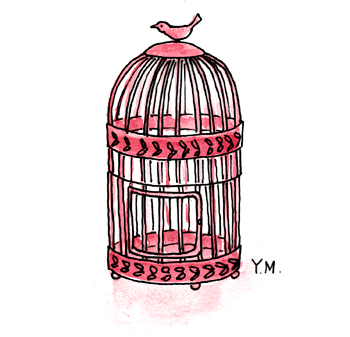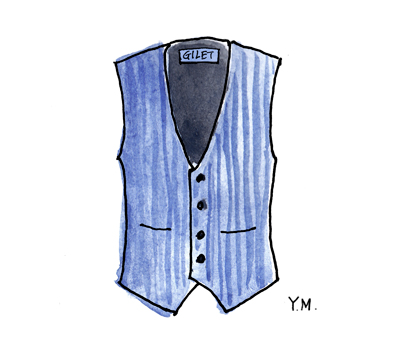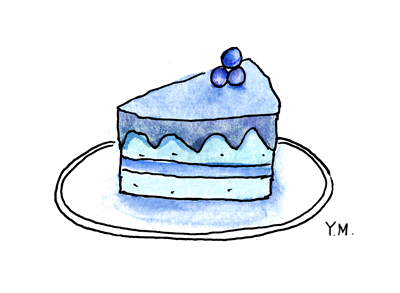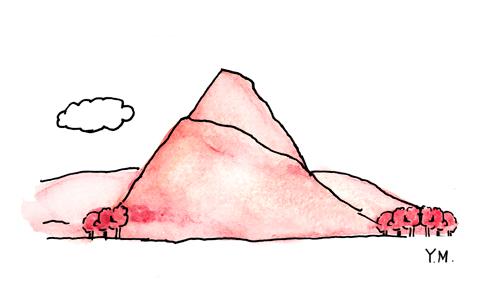Simplified French Phonetics - "E".
Phonétique Française simplifiée du "E"
"é" is in the word "une écharpe (a scarf).
"é" = "et" = "ez"(*) = "er"(*), pronounce the same.
"è" is in the word "une fève (a fava bean).
"è" = "ei" = "est"(**) = "ai", pronounce the same.
"eu" is in the word "un euro" (an euro).
"ei" is in the word "un peigne" (a comb).
"ai" = "è" = "ei" = "est"(*), pronounce the same.
"en" is in the word "une pendule (a grandfather's clock).
"el" is in the word "du sel" (some salt).
If the sounds "e", "è" (E accent grave), and "é" (E accent aigu)
were music notes they would sound like this:
 |
| (Thank you Julien Chameroy for sharing this idea.) |
(*) "ez" = "er" at an end of a word like "chez", and "premier" pronounce the same as "é" (e accent aigu).
(**) There are many exceptions in French phonetics, for example:
"est" - as the verb "to be" ("il est" = "he is") - will pronounce like "è" ("ay"), not pronouncing the letters "s" and "t".
"est" - as the geographic direction "east" ("à l'est" = "to the east") - will pronounce "è'st", including the sound "'st".
... same writing, different words, and different pronunciation.

























